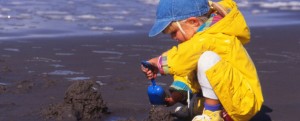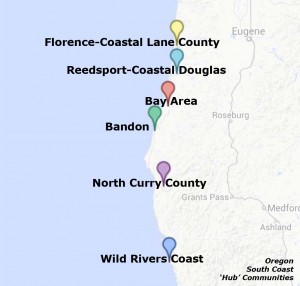 On Wednesday, October 16, Oregon Partnership for Disaster Resilience (OPDR) and The Ford Family Foundation will offer a forum on how to increase socio-economic resilience . Here’s the top 4 reasons why you should attend:
On Wednesday, October 16, Oregon Partnership for Disaster Resilience (OPDR) and The Ford Family Foundation will offer a forum on how to increase socio-economic resilience . Here’s the top 4 reasons why you should attend:
#4 – Learn from experts in the field
Invited speakers will share their experience and knowledge about best practices and how other communities have worked with the challenges of community resilience and disaster recovery. We will hear perspectives focused on economic action, social action, and on-the-ground action.
#3 – Learn that you ARE an expert in the field
Community resilience is and has to be a grassroots effort. Functional social networks and strong local economies start with actions taken by community members at the local level. No one knows your community like you do, and your expertise is invaluable in making your community stronger.
#2 – Network with other passionate community leaders
You don’t have to do it alone. Meet other people in your region who share your passion for increasing community resilience. There is strength in numbers, and real change almost always starts with a small group of committed citizens.
and the #1 reason – These strategies will improve our lives and communities REGARDLESS of a disaster
The work of creating stronger social fabric, a stronger local economy, patterns of problem-solving and plans for riding out tough times have immediate benefit. These investments of time and energy pay off both now and in the future. They make communities better able to pursue local goals, and increase belonging and security. This is work worth doing.
The deadline to register is Friday, October 11, 2013. Attendance at the Oregon South Coast Resilience Forum is by invitation only, and is free of charge thanks to the generosity of The Ford Family Foundation. If you or someone you know is part of a south coast community and would like to participate in the forum, please contact Julie Havens, Community Service Center, for an invitation. She can be reached by email: jhavens@uoregon.edu or by phone: 541-346-3889.
 About the Author: Sarah Allison is the project coordinator for the Oregon South Coast Resilience Forum and looks forward to spending a successful day with our south coast communities and The Ford Family Foundation at the forum. Sarah is a second year concurrent Community and Regional Planning, and Oregon Leadership in Sustainability graduate student.
About the Author: Sarah Allison is the project coordinator for the Oregon South Coast Resilience Forum and looks forward to spending a successful day with our south coast communities and The Ford Family Foundation at the forum. Sarah is a second year concurrent Community and Regional Planning, and Oregon Leadership in Sustainability graduate student.


